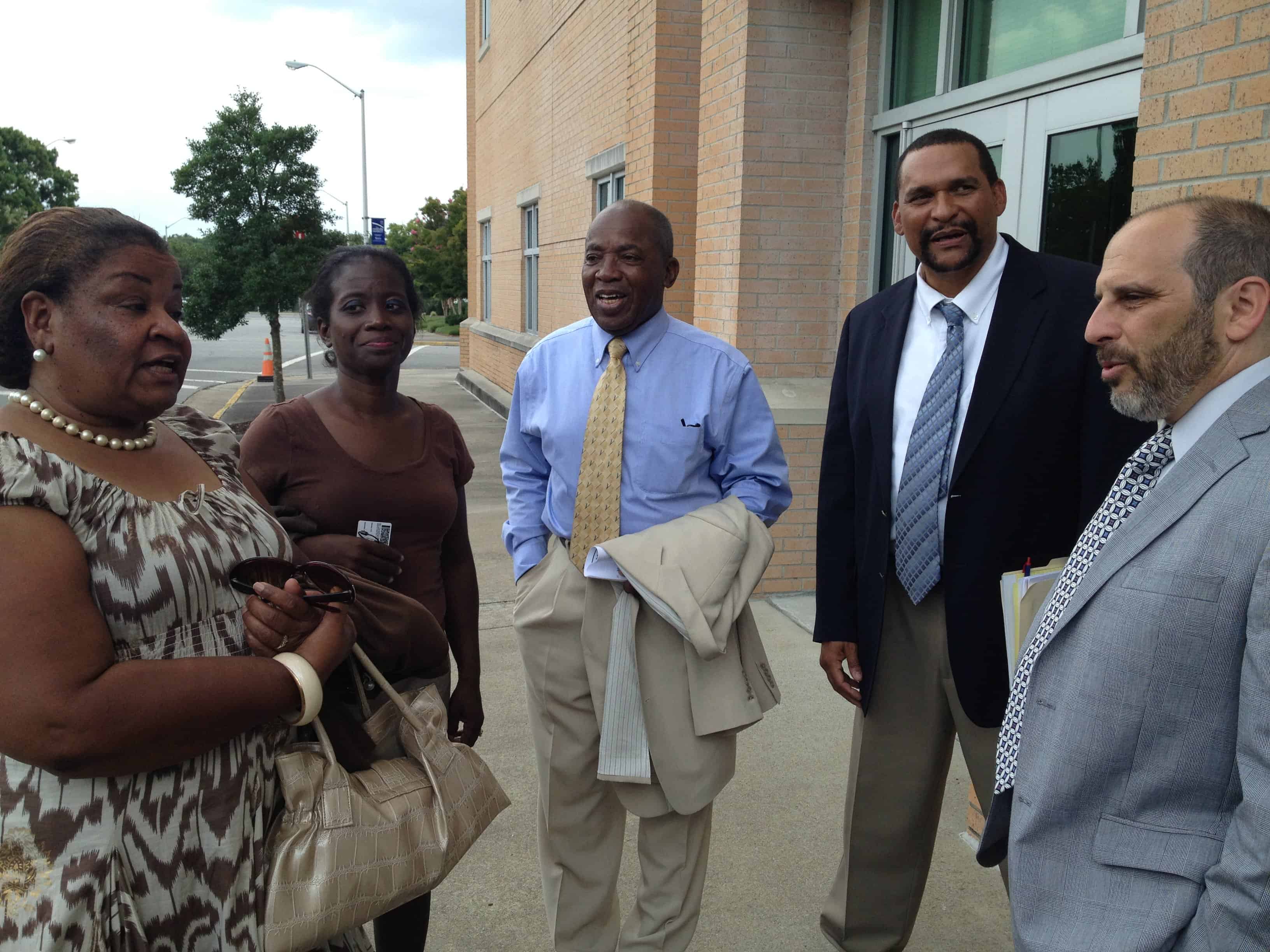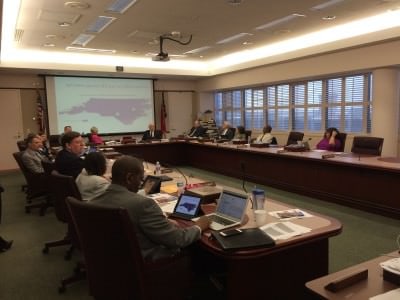In a disappointing 2-1 decision, the Fourth Circuit Court of Appeals affirmed the 2013 ruling of the U.S. District Court declaring that Pitt County Schools had fully complied with historic desegregation orders and releasing the district from federal court oversight.
In the 1970s, a federal district court found that Pitt County was operating a racially segregated school system in violation of students’ constitutional rights. The court approved initial desegregation plans at that time, but retained jurisdiction over the case to ensure full compliance with the desegregation orders. The lawsuit, which remained dormant for years, was reopened in 2008 when a group of white parents claimed their children were being discriminated against. In 2009, the federal court concluded that the desegregation orders were still in effect and ordered the district to “work toward attaining unitary status [fully eliminating the vestiges of discrimination].”
In 2011, a group of African American parents, represented by the UNC Center for Civil Rights, moved to stop a new student reassignment plan that they argued would actually increase racial segregation in Pitt County schools. Their motion was denied by the District Court. On appeal, the U.S. Fourth Circuit Court of Appeals ruled in favor of the parents in May 2012, ordering the District Court to rehear the motion under a different legal standard. On remand, the district moved for unitary status. Following a week-long trial in July 2013, the court declared the district unitary and released it from court oversight.
The appellate court opinion, written by Judge Diaz and joined by Judge Niemeyer, upheld the lower court’s finding that the school district had achieved unitary status decades earlier, and accepting the district court’s refusal to consider the undisputed resegregative impacts of the 2011 student assignment plan. In a dissenting opinion, Judge Wynn echoed the plaintiffs’ argument that such a ruling contradicts the court’s earlier opinion in the case and fundamental school desegregation jurisprudence, noting that the majority opinion affirms “a district court decision that utterly fails to analyze the facts in the case in compliance with this Court’s instructions and established Supreme Court precedent.”
Center lawyers, along with co-counsel Brenda Shum and Ezra Rosenberg from the Lawyers Committee for Civil Rights Under Law, are reviewing the decision and continuing to strategize with the plaintiffs.
“School segregation and resegregation is not a historical footnote or memory of a bygone era,”
said Mark Dorosin, managing attorney of the UNC Center for Civil Rights.
“School board decisions are directly and predictably creating racially isolated, high poverty schools, and relegating students to separate and unequal educational opportunities. Such discriminatory actions cannot go unchallenged.”





